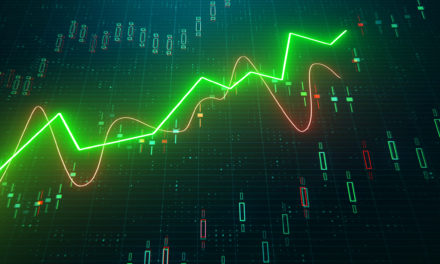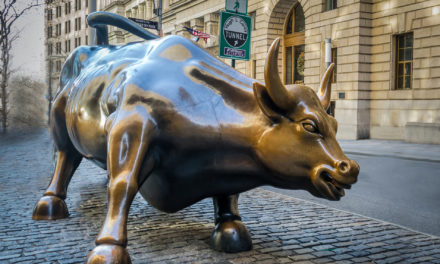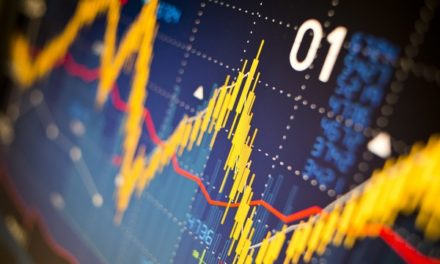
“When we own portions of outstanding businesses with outstanding managements, our favorite holding period is forever.”
— Warren Buffett
The above quote from Warren Buffett is timeless, and brings into focus the choice about time horizon that any investor should think about before buying a stock they are considering. Behind every stock is an actual business; what will that business look like over a twenty year period?
Today, let’s look backwards in time to 2004, and take a look at what happened to investors who asked that very question about The Charles Schwab Corporation (NYSE: SCHW), by taking a look at the investment outcome over a twenty year holding period.
| Start date: | 12/16/2004 |
|
|||
| End date: | 12/13/2024 | ||||
| Start price/share: | $11.93 | ||||
| End price/share: | $79.54 | ||||
| Starting shares: | 838.22 | ||||
| Ending shares: | 1,118.24 | ||||
| Dividends reinvested/share: | $9.28 | ||||
| Total return: | 789.44% | ||||
| Average annual return: | 11.54% | ||||
| Starting investment: | $10,000.00 | ||||
| Ending investment: | $88,894.05 | ||||
The above analysis shows the twenty year investment result worked out quite well, with an annualized rate of return of 11.54%. This would have turned a $10K investment made 20 years ago into $88,894.05 today (as of 12/13/2024). On a total return basis, that’s a result of 789.44% (something to think about: how might SCHW shares perform over the next 20 years?). [These numbers were computed with the Dividend Channel DRIP Returns Calculator.]
Notice that The Charles Schwab Corporation paid investors a total of $9.28/share in dividends over the 20 holding period, marking a second component of the total return beyond share price change alone. Much like watering a tree, reinvesting dividends can help an investment to grow over time — for the above calculations we assume dividend reinvestment (and for this exercise the closing price on ex-date is used for the reinvestment of a given dividend).
Based upon the most recent annualized dividend rate of 1/share, we calculate that SCHW has a current yield of approximately 1.26%. Another interesting datapoint we can examine is ‘yield on cost’ — in other words, we can express the current annualized dividend of 1 against the original $11.93/share purchase price. This works out to a yield on cost of 10.56%.
Another great investment quote to think about:
“The stock market is filled with individuals who know the price of everything, but the value of nothing.” — Phillip Fisher




